The first-ever independent crash tests have confirmed India’s abysmal safety standards. Global NCAP selected some of the most popular Indian hatchbacks and subjected their entry-level variants to a simple frontal crash test at 64 km/h.
India’s most popular and important small cars have failed miserably in the crash test, and have shown a high-risk of life threatening injuries in road crashes, should they occur. This doesn’t really come as a shock because the complete disregard displayed by the population en masse towards their own safety as well as the safety of others is unashamedly wide-spread. The non-use of seat belts and lighting aside, the ignorant preference to flashy LED lights, fog lamps and sunroofs over basic stability and safety features like ABS and airbags is laughable.
All the cars selected by Global NCAP for the frontal impact test at 64km/h received zero-star adult protection ratings. The models in questions are the Maruti-Suzuki Alto 800, Tata Nano, Ford Figo, Hyundai i10 and Volkswagen Polo. It’s interesting to note that these five cars combined, made up for about 20 per cent the total new car sales in India in 2013. The cars chosen by Global NCAP were the entry-level version of each model and, thus, none were fitted with airbags as standard. The results clearly highlight the major differences in the structural integrity of the vehicles tested.
Max Mosley, Chairman of Global NCAP, said: “India is now a major global market and production centre for small cars, so it’s worrying to see levels of safety that are 20 years behind the five-star standards now common in Europe and North America. Poor structural integrity and the absence of airbags are putting the lives of Indian consumers at risk. They have a right to know how safe their vehicles are and to expect the same basic levels of safety as standard as customers in other parts of the world.”
Check out the the detailed comments on the adult protection capacity of individual vehicles on page 2.


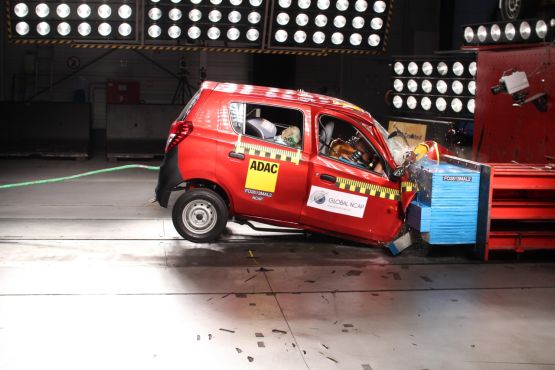
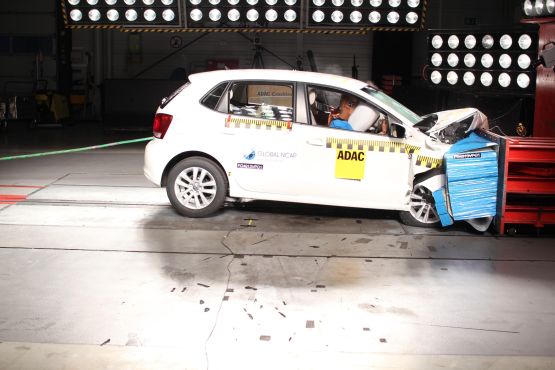
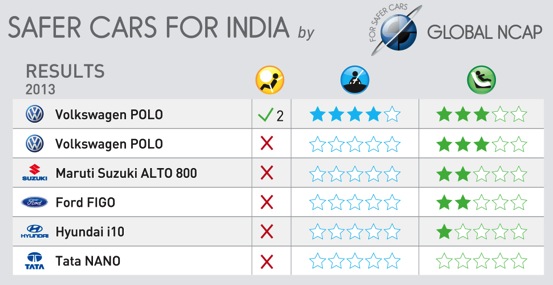
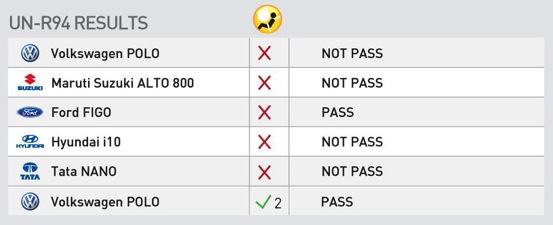

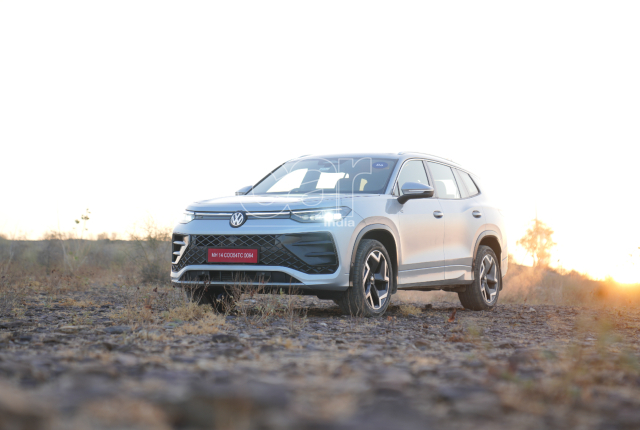

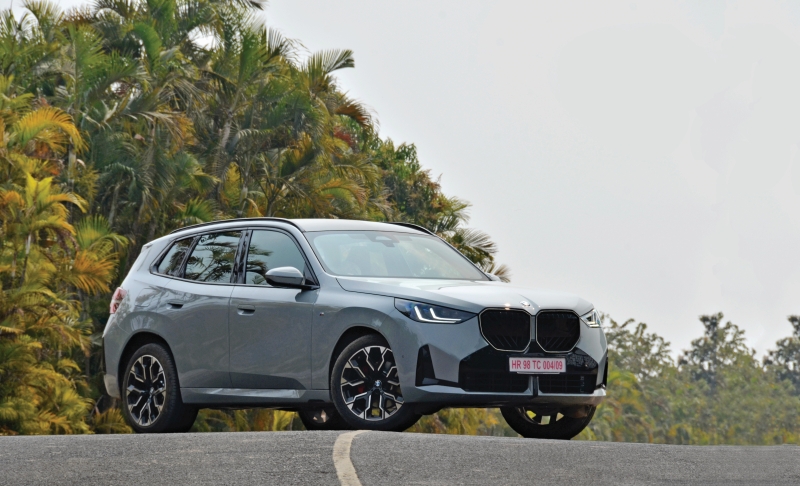


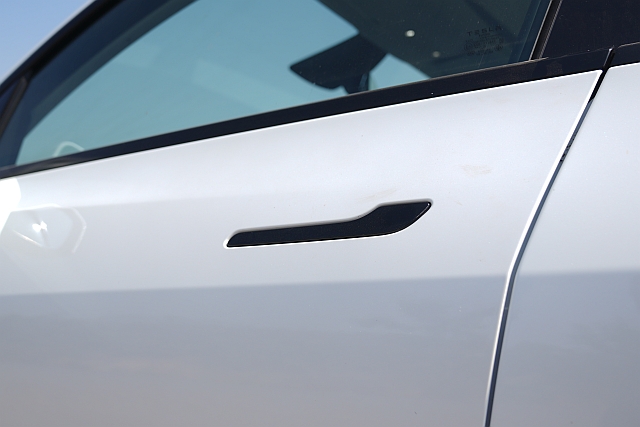
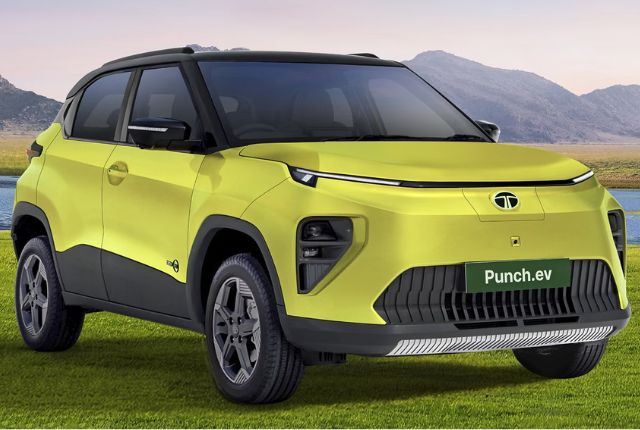
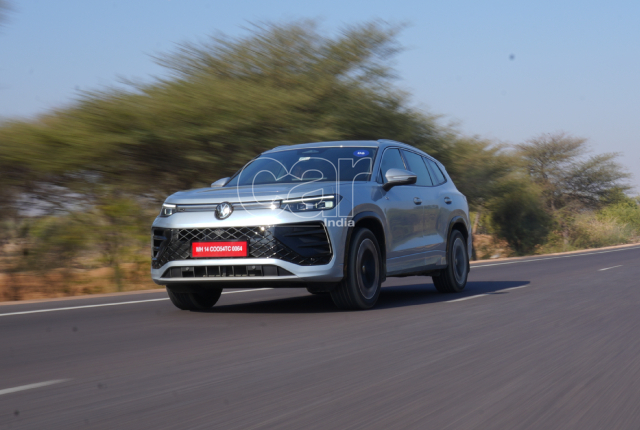

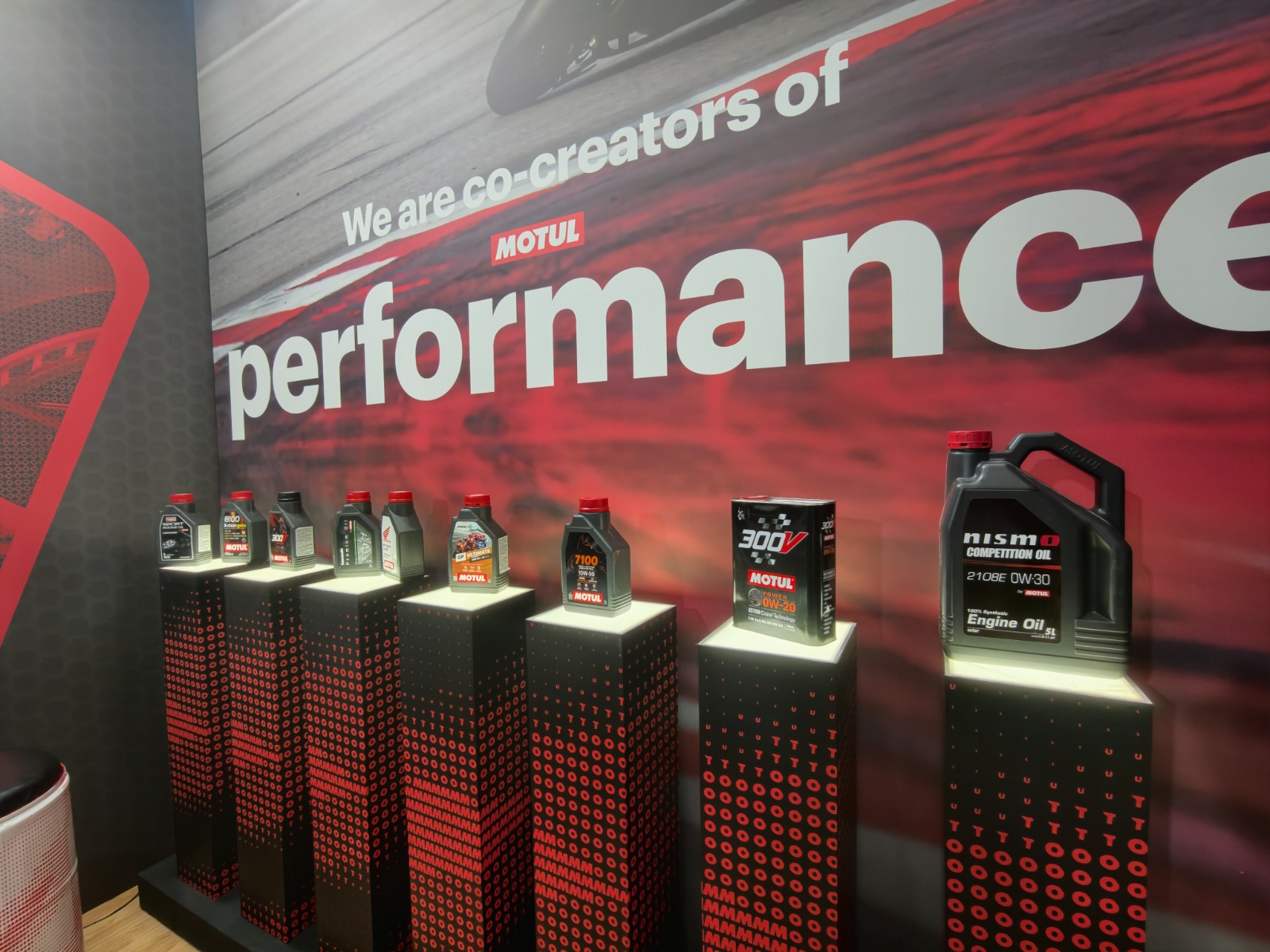
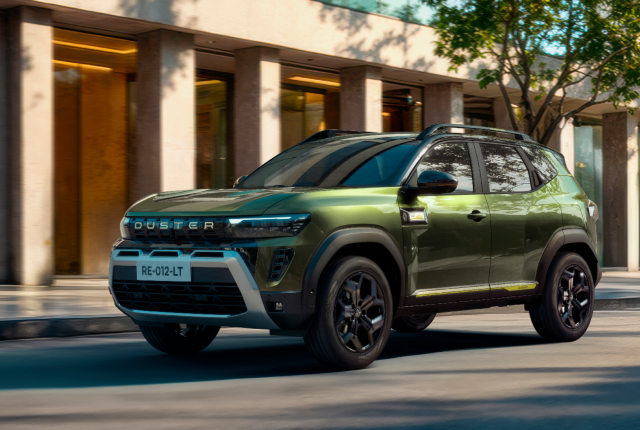

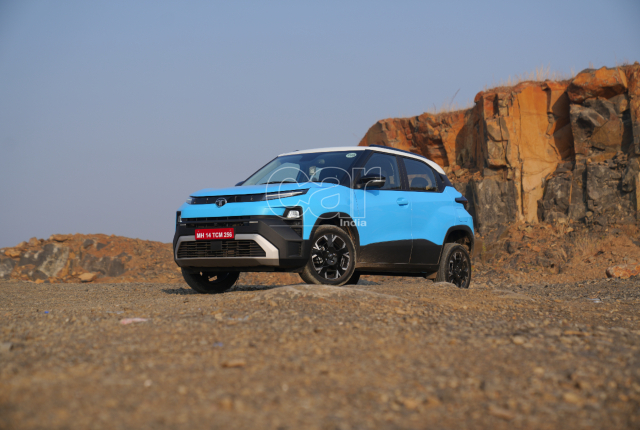
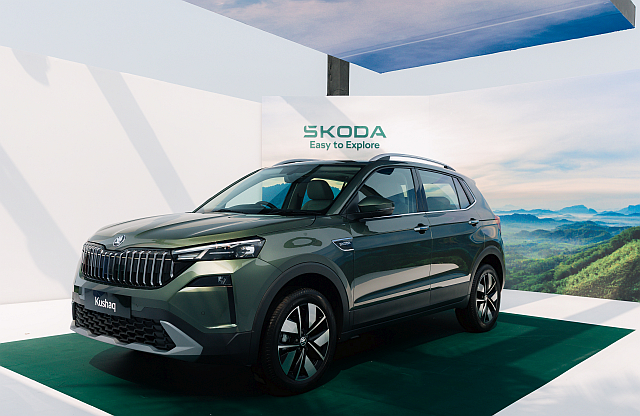
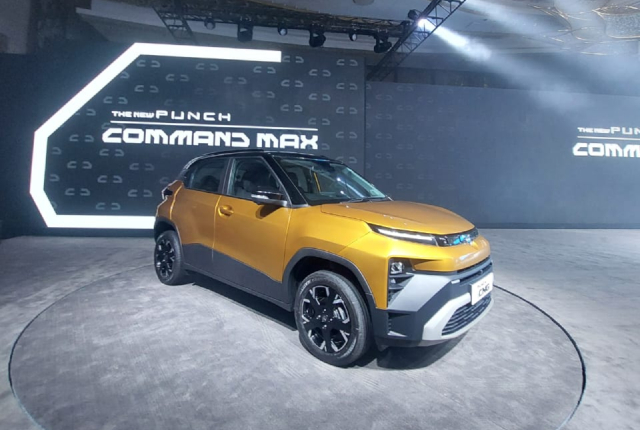
Leave a Reply